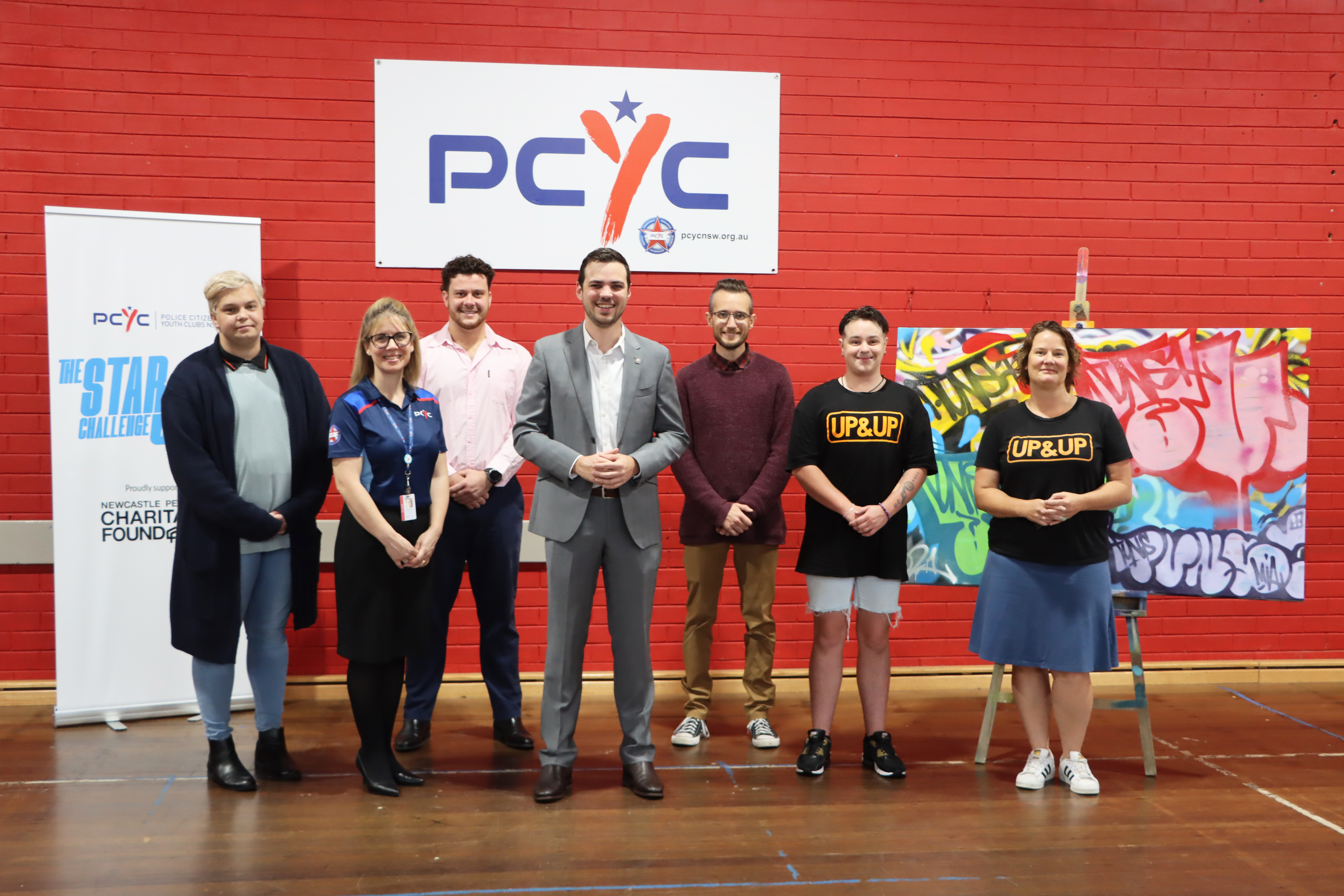An Albanese Labor Government will introduce tough penalties to stop dodgy aged care providers neglecting and mistreating their residents. And we will ensure full transparency for Australian taxpayers and aged care recipients about where public and private funds are being spent.
Labor will:
- Introduce criminal penalties – including jail time – for dodgy aged care providers who seriously and repeatedly facilitate or cover up abuse and neglect of older Australians, and who deliberately breach the general duty of care they owe to their residents.
- Introduce a new duty of care, owed by providers, to recipients of aged care services, including a compensation regime when the duty is breached. This will create a path for class actions against dodgy providers.
- Create a new aged care complaints commissioner, to ensure complaints against providers are properly and thoroughly dealt with.
- Introduce new civil penalties for aged care providers who punish aged care workers, residents and families in retaliation for complaints.
- Give stronger investigative powers to the Aged Care Quality and Safety Commission, including powers to enter and remain in an aged care facility at any time to ensure the safety of residents, as well as full access to documents and records.
- Introduce measures to ensure the 215 minutes of care and nursing that Labor has pledged per resident per day is actually spent on care and clinical support – not on marketing, administration, maintenance or other activities that are not direct care.
- Require providers to publicly report on the expenditure of residents’ and taxpayers’ money – including a breakdown of money spent on caring, nursing, food, maintenance, cleaning, administration, and profits.
Since the Royal Commission was called, we’ve heard one shocking example after another of outrageous and unacceptable breaches of care standards, including:
- Homes re-serving left-over food from one resident, pureed, to other residents.
- Delays in identifying and treating wounds leading to severe pain and chronic conditions.
- Overuse of restraints.
- Demeaning practices such as ‘floor time’.
- Management ignoring family complaints.
- Failures in clinical standards and audits.
These measures implement and build on the Royal Commission recommendation to establish a General Duty of Care for aged care – which will set minimum standards to protect residents and workers. Labor will work with residents, families, workers, unions and the sector on the implementation of these measures.
These measures are in addition to those announced in Labor’s Budget Reply on Thursday night designed to fix an aged care system which is in crisis – a problem ignored by the Morrison-Joyce Government for far too long.
Anthony Albanese, Leader of the Australian Labor Party said:
“The neglect of our aged care residents has gone on for too long. The people who built Australia deserve more protection from their Government. I will act to ensure the sorts of shocking stories we heard during the Aged Care Royal Commission are no longer tolerated.
“These measures will build on those announced in my Budget Reply speech to ensure older Australians get the care and dignity they deserve.”
Clare O’Neil, Shadow Minister for Aged Care Services said:
“Most aged care providers do a great job and put the health and wellbeing of their residents above all else.
“But there are dodgy providers out there who have been allowed to continue shocking practices which hurt residents, such as re-serving uneaten food from one resident – pureed for other residents – as well as delays in medical treatment and overuse of physical restraints and drugs.
“Labor will throw the book at dodgy aged care providers who hurt and abuse older Australians.”

 Image: Newcastle Youth Council Advisory Committee member Alex Milles, Broadmeadow PCYC Manager Paula Rowlett, Newcastle Youth Council Advisory Committee member Kevin Hill, Deputy Lord Mayor Declan Clausen, City of Newcastle Youth Engagement Facilitator Nick Grinpukel and Tyson Bashford-Kennedy and Faith Curtis from UP&UP Inspirations, facilitators of Street Art Express.
Image: Newcastle Youth Council Advisory Committee member Alex Milles, Broadmeadow PCYC Manager Paula Rowlett, Newcastle Youth Council Advisory Committee member Kevin Hill, Deputy Lord Mayor Declan Clausen, City of Newcastle Youth Engagement Facilitator Nick Grinpukel and Tyson Bashford-Kennedy and Faith Curtis from UP&UP Inspirations, facilitators of Street Art Express.